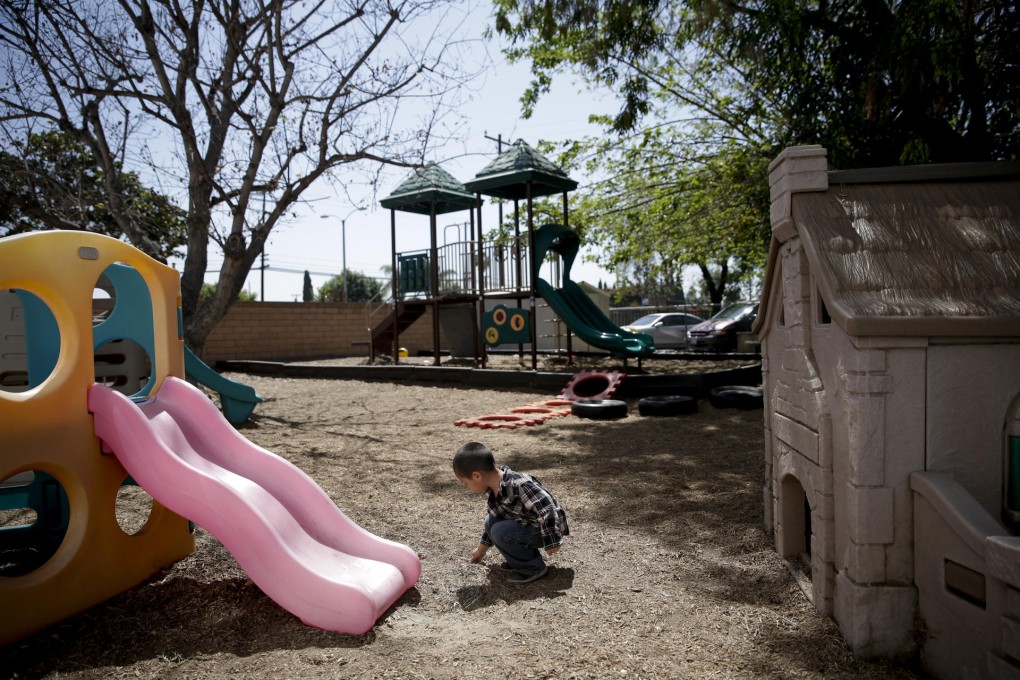Economists fear low birth rates in developed world will choke growth
Birth rates have been down in the developed world since the crippling 2008 financial crisis, further putting the brakes on global growth

Nancy Strumwasser, a secondary school teacher from Mountain Lakes, New Jersey, always thought she'd have two children. But the lay-offs that swept over the US economy around the time her son was born six years ago helped change her mind. Though she and her husband, a market researcher, managed to keep their jobs, she fears they won't be so fortunate next time around.

The financial crisis that followed the collapse of US investment bank Lehman Brothers in 2008 did more than wipe out billions in wealth and millions of jobs. It also sent birth rates tumbling around the world as couples found themselves too short of money or too fearful about their finances to have children. Six years later, birth rates haven't bounced back.
For an overcrowded planet, this is good news. For the economy, not so good.
We tend to think economic growth comes from working harder and smarter. But economists attribute up to a third of it to more people joining the workforce each year than leaving it. The result is more producing, earning and spending.
Now this secret fuel of the economy, rarely missing and little noticed, is running out.
You’re going to create fewer jobs. ... wage growth will be slower
